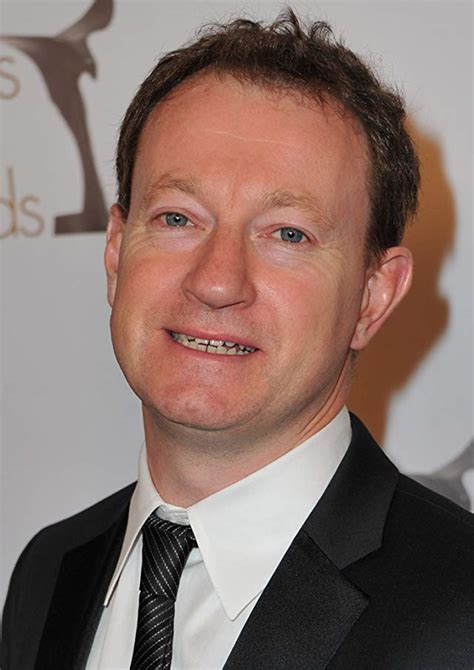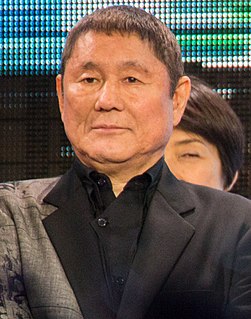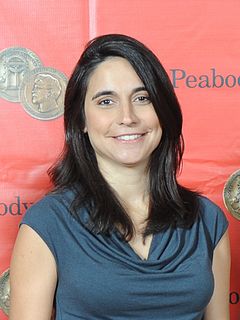A Quote by Saul Bass
My initial thoughts about what a title can do was to set mood and the prime underlying core of the film's story, to express the story in some metaphorical way. I saw the title as a way of conditioning the audience, so that when the film actually began, viewers would already have an emotional resonance with it.
Related Quotes
I don't have the story finished and ready when we start work on a film. I usually don't have the time. So the story develops when I start drawing storyboards. I never know where the story will go but I just keeping working on the film as it develops. It's a dangerous way to make an animation film and I would like it to be different, but unfortunately, that's the way I work and everyone else is kind of forced to subject themselves to it.
Silence Of The Lambs? is a ?fantastic? film. It's a horror film, and it's an incredibly well-told film that is about point of view in such a unique way. The way that film is shot, the way the eyelines are so close, if not directly into camera, betrays an intimacy with the characters and the audience.
It wasn't long after I began writing Star Wars that I realized the story was more than a single film could hold. As the saga of the Skywalkers and Jedi Knights unfolded, I began to see it as a tale that could take at least nine films to tell - three trilogies - and I realized, in making my way through the back story and after story, that I was really setting out to make the middle story.
I believe you shouldn't force the audience's interpretation of a character or a story. The more you explain things, the less intriguing and imaginable they are for viewers. . . . Film to me, in its essence, in its ultimate nature, is silent. Music and dialogue are there to fill what is lacking in the image. But you should be able to tell the story with moving pictures alone. For my next project, though, I'd like to make the kind of film where the characters blabber all the time.
Normally my process is to sit in a room and read a script and talk about it and ask questions and just create a dialogue. That goes all the way through shooting. All kinds of thoughts and ideas can find their way in there. As long as you're all on - We're just all trying to tell the story so my job as a director is just to find out what this film wants to be based on, it's just words on a page at some point but then it just needs to go to some level of believable storytelling. I'm discovering the film as I make it, to some degree.
I think people are willing to take more of a risk on an indie film, about character, etc...but at the same time, when I work on projects that are substantially bigger, in a way they do feel small. Even though the catering is way better and we actually have someone shooting with real film.... The budgets are bigger but the story still feels small, like an indie film.
The thing is, in the WWE, we have the WWE title, the World title, the United States title, the Intercontinental title, the Divas title, the Tag Team titles. And I feel like, in this business, when Mr. Perfect had that Intercontinental title, that was the belt we saw as the stepping stone to becoming 'the man.' The franchise of the WWE.
When I make film music, I'm a filmmaker first and foremost. It's about serving the needs of the film. You're telling a story; in a way, you stop becoming a composer and become a storyteller instead. You tell the story with the most appropriate themes. How you approach these things is a very personal matter, but your goal is to tell the story first.






































